Steve Jobs Speech at Palo Alto High School
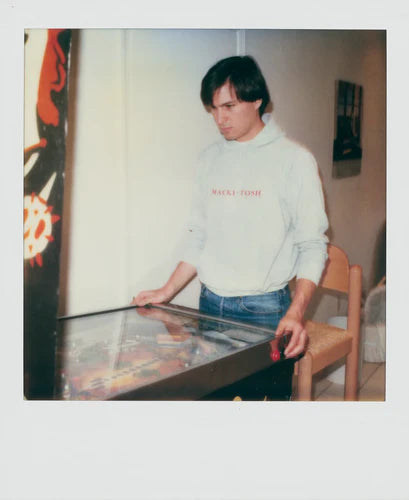
I have been invited here today to address you as you leave high school, and in most cases your parents, too, to venture out into the world on your own. I am supposed to offer you some wisdom and advice that you may remember along your travels.
I will address my remarks to you, the students, rather than to your parents. It is proper that I do so, being that the only wisdom I have comes from my advanced age; your parents are as old as I am, and much wiser, I am sure.
However, I am wiser than you, and maybe you will listen to me more than you listen to your parents. Some of your parents may not agree, or agree fully, with what I will say today. This is OK. I will simply be one of the first in your post-high-school life to fill your head with ideas that they disagree with. Wait until you get to college! But, in any event, if there is any discordance between what they have told you and what you hear from me today, rest assured that I am right.
Be aware of the world’s magical, mystical, and artistic sides. The most important things in life are not the goal-oriented, materialistic things that everyone and everything tries to convince you to strive for. Most of you know that deep inside. Think back on this spring—the last three or four months—when you are winding down high school, know where you are going next year, and begin to really have strong intuitions about the world you will encounter. Maybe you see an image of yourself in Paris, sculpting in an artist’s studio as the setting sun shines in the paned windows. Maybe you’re in India, running a hospital for poor children, and you hear the distant clatter of the outdoor marketplace in the early morning. Maybe you see yourself in a recording studio laying down a track for your album. Maybe you see yourself alone in a rented room at 4:30 in the morning being the only person alive to understand a new law of physics you just figured out.
Whatever it may be, I bet many of you have had some of these intuitive feelings about what you could do with your lives. These feelings are very real, and if nurtured can blossom into something wonderful and magical. A good way to remember these kinds of intuitive feelings is to walk alone near sunset—and spend a lot of time looking at the sky in general. We are never taught to listen to our intuitions, to develop and nurture our intuitions. But if you do pay attention to these subtle insights, you can make them come true.
People will come at you with reasons why you shouldn’t do these things:
You can’t make a living writing songs. (Right, just ask Bob Dylan.)
Helping children in India is nice, but you need to prepare for real life. (Just ask Mother Teresa.)
You could be doing so much more with your life. (You can hear Albert Einstein’s parents encouraging him to get a real job, when he was working a low-level job in the Swiss patent office rather than teaching in a university, so that he could stay up late at night working through his new ideas.)
If you don’t have any of these feelings, called dreams, then you’re in trouble. Before you “spend” four or more years of your life going in a direction your heart may or may not want you to go, you need to recapture them.
Be a creative person. Creativity equals connecting previously unrelated experiences and insights that others don’t see.
You have to have them to connect them. Creative people feel guilty that they are simply relaying what they “see.” How do you get a more diverse set of experiences? Not by traveling the same path as everyone else …

I’ll give you an example. The college I went to was a small liberal arts college in Portland, Oregon, named Reed College. It was, at that time, the center of a calligraphy revival movement in the US. I ended up taking a calligraphy course before I left college, and at the age of eighteen was exposed to a totally new world of typography, graphic layout, font design, and the like. There was no hope of earning any income from this skill or knowledge, and some of my friends derided me for wasting my time and talents on learning how to write with “fancy letters.”
However, years later, when we were designing the Macintosh, it was this very same experience and set of insights which drove me to insist that we find a way to use proportionally spaced type and offer a range of fonts—in essence, to bring a much richer world of typography to the computer world than had ever existed before. And this also led to the LaserWriter printer, so that one could print these letterforms with the quality they deserved. And this set the stage for “desktop publishing.” I tell you truly: none of this would have ever happened at Apple if I had sacrificed that calligraphy class for a more “substantive” class of economics or engineering.
So to be a creative person, you need to “feed” or “invest” in yourself by exploring uncharted paths that are outside the realm of your past experience. Seek out new dimensions of yourself—especially those that carry a romantic scent.
But one has no way of knowing which of these paths will lead anywhere in advance. That’s the wonderful thing about it, in a way. The only thing one can do is to believe that some of what you follow with your heart will indeed come back to make your life much richer. And it will. And you will gain an ever firmer trust in your instincts and intuition.
Don’t be a career. The enemy of most dreams and intuitions, and one of the most dangerous and stifling concepts ever invented by humans, is the “Career.” A career is a concept for how one is supposed to progress through stages during the training for and practicing of your working life.
There are some big problems here. First and foremost is the notion that your work is different and separate from the rest of your life. If you are passionate about your life and your work, this can’t be so. They will become more or less one. This is a much better way to live one’s life.
[The] risk factor quotient goes down as you encounter the real world. Many [people] find what they believe to be safe harbors (lawyers and accountants), only to wake up ten or fifteen years later and discover the price they paid.
Make your avocation your vocation. Make what you love your work.

The journey is the reward. People think that you’ve made it when you’ve gotten to the end of the rainbow and got the pot of gold. But they’re wrong. The reward is in the crossing the rainbow. That’s easy for me to say—I got the pot of gold (literally). But if you get to the pot of gold, you already know that that’s not the reward, and you go looking for another rainbow to cross.
Think of your life as a rainbow arcing across the horizon of this world. You appear, have a chance to blaze in the sky, then you disappear.
The two endpoints of everyone’s rainbow are birth and death. We all experience both completely alone. And yet, most people of your age have not thought about these events very much, much less even seen them in others. How many of you have seen the birth of another human? It is a miracle. And how many of you have witnessed the death of a human? It is a mystery beyond our comprehension. No human alive knows what happens to “us” upon or after our death. Some believe this, others that, but no one really knows at all. Again, most people of your age have not thought about these events very much, and it’s as if we shelter you from them, afraid that the thought of mortality will somehow wound you. For me it’s the opposite: to know my arc will fall makes me want to blaze while I am in the sky. Not for others, but for myself, for the trail I know I am leaving.
Now, as you live your arc across the sky, you want to have as few regrets as possible. Remember, regrets are different from mistakes. Mistakes are those things that you did and wish you could do over again. In some you were a fool (usually concerning women). In others you were scared. In others you hurt someone else. Some mistakes are deep, others not. But if your intent was pure, they are almost always enriching in some way. So mistakes are things that you did and wish you could do over again.
Regrets are most often things you didn’t do, and wish you did. I still regret not kissing Nancy Kinniman in high school. Who knows what might have happened? Maybe she regrets it too …



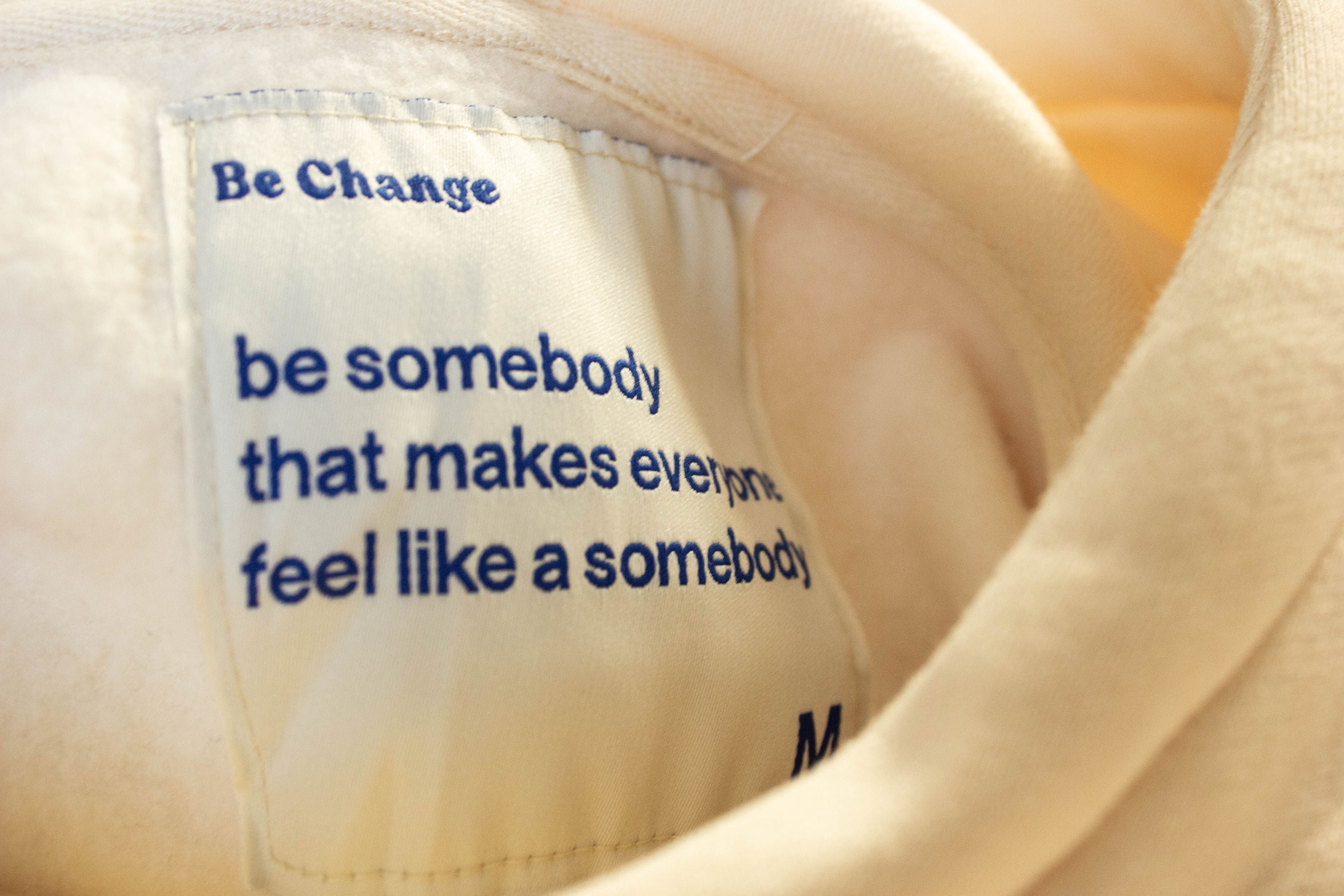
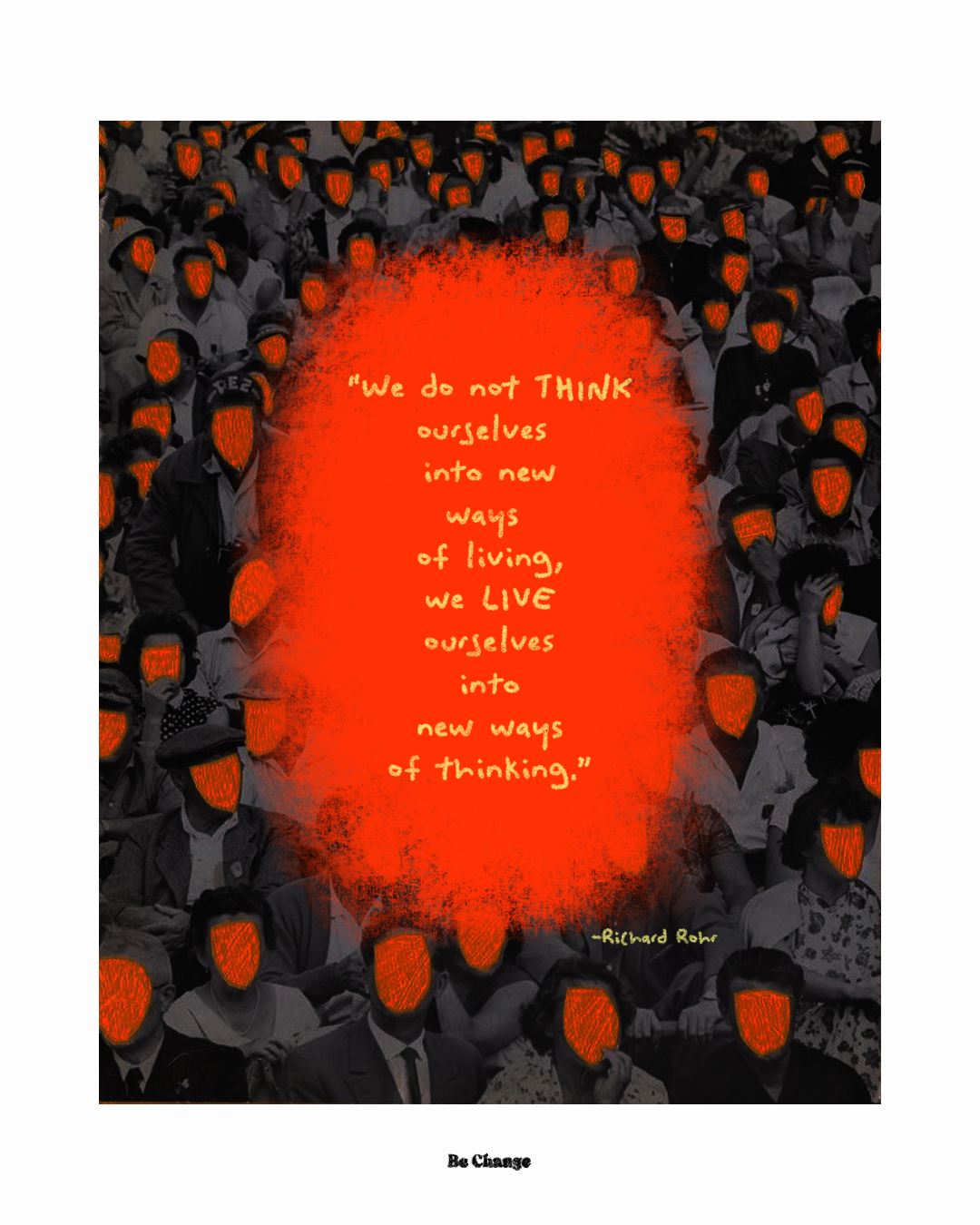
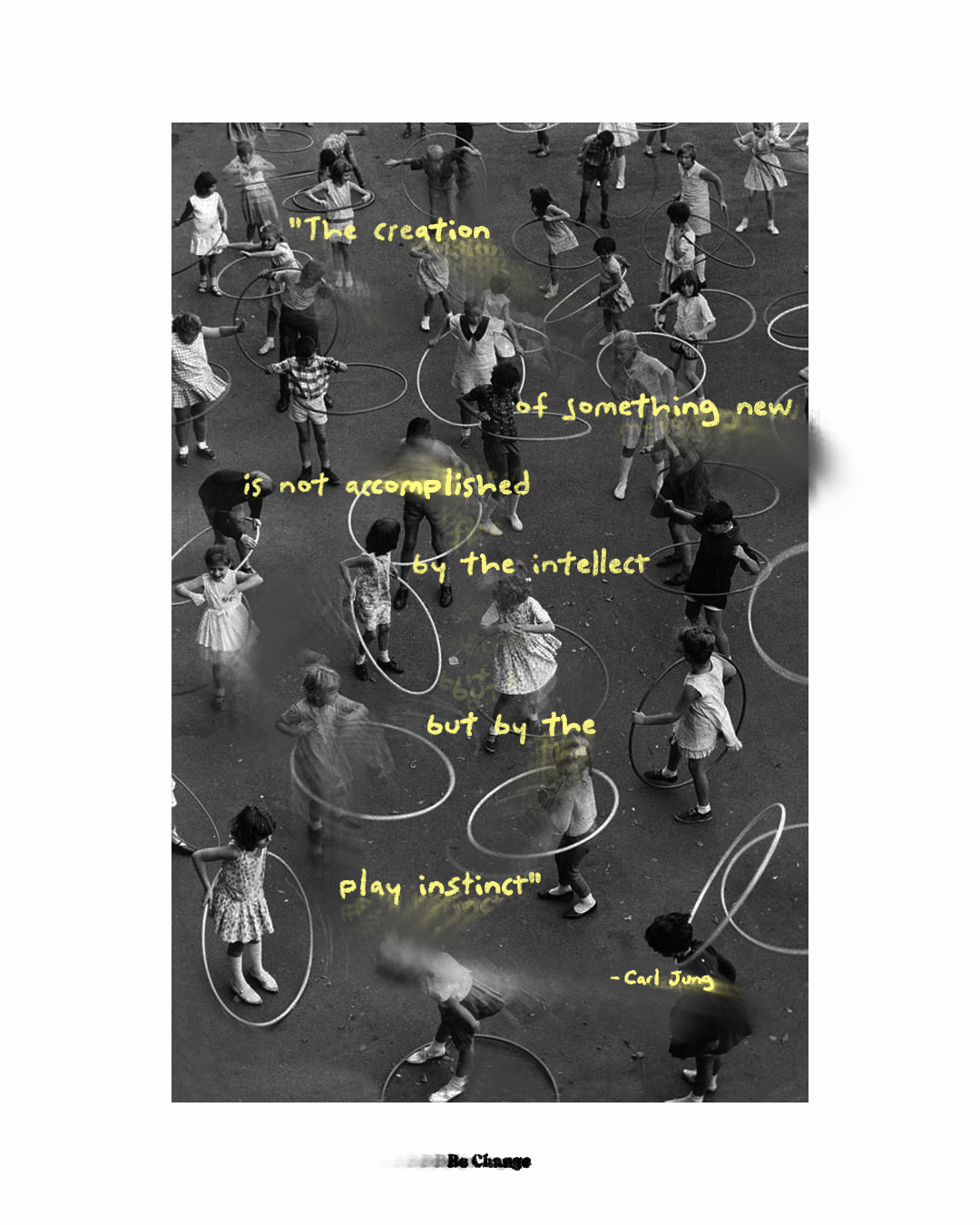
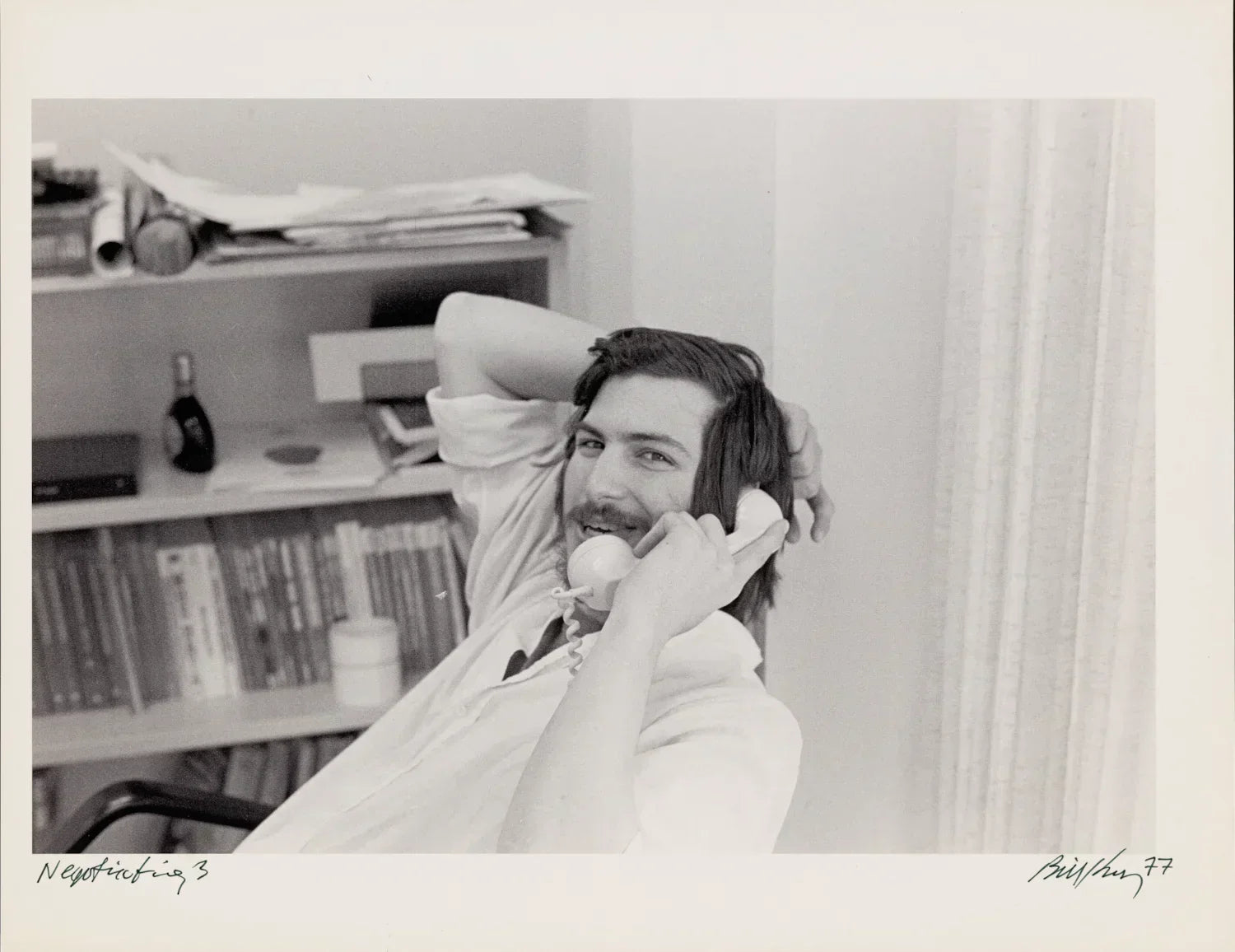
Comments
Anthony —
Love Steve Jobs!